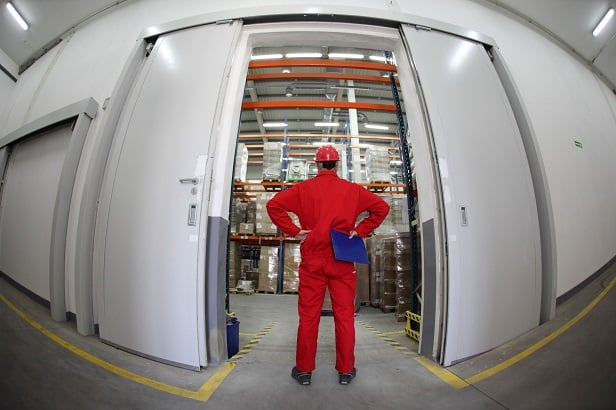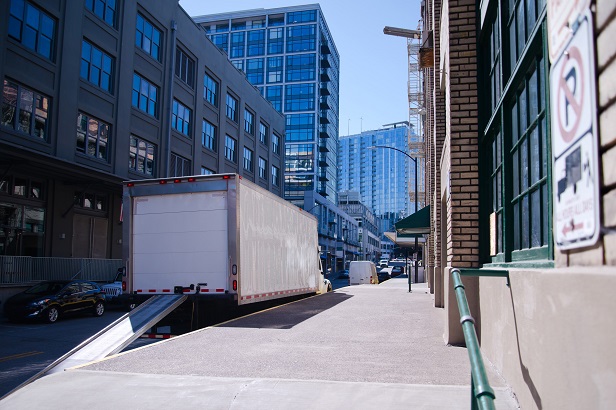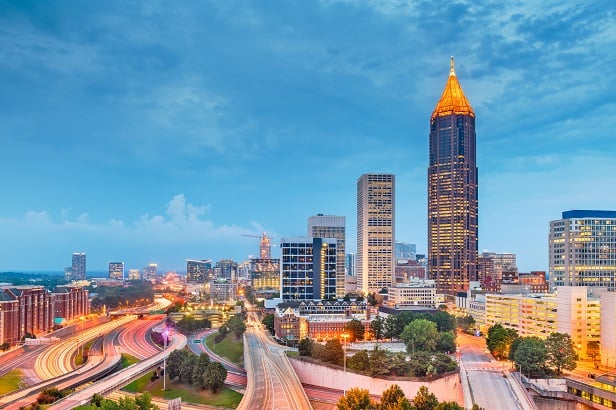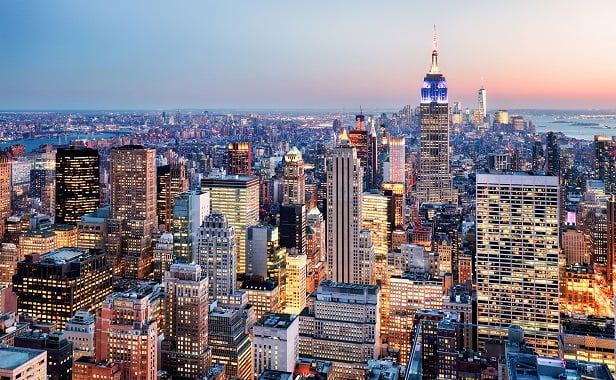The industrial sector has been a silver lining for commercial real estate during the COVID-19 pandemic and resulting recession.
But there are some concerns in the sector. Peter Linneman, principal and founder, Linneman Associates, sees "two dark clouds" in an otherwise sunny forecast.
"One is we're capable of overbuilding anything given enough time," Linneman said on CBRE's "The Weekly Take" podcast. "No matter how strong demand is, we have proven we're capable of overbuilding anything. I don't think that happens in the next year because of all this COVID and uncertainty in general and capital markets. But we're going to overbuild it."
Recommended For You
The second dark cloud on the horizon is something Linneman thinks a lot of people miss. While landlords that lease to the Amazons of the world are in great shape, ones with harder-hit tenants could struggle.
"What if your tenants in your warehouse were the ones supplying the NFL stadiums, the concert halls, concert venues, the basketball venues, Disney, the movie theaters, the restaurants and the airports?," Linneman asks.
Even with these potential issues, industrial is still popular with investors. "We're certainly in a situation where, given where bond rates are, there's a huge amount of capital wanting to deploy in real estate," Richard Barkham, global chief economist and head of Americas Research, CBRE, said on "The Weekly Take" podcast. "The biggest asset class or one of the biggest asset classes, office, is still being treated with a little bit of suspicion. So all of that capital is looking at, primarily industrial and multifamily and all of the alternatives to go with it. So you would expect pricing to be very robust in those sectors."
Barkham thinks that interest could ease when people return to the office, and that sector reemerges as a favorable asset class.
"I think capital is right to look at these alternatives," Barkham says. "One of the effects of COVID-19 is just to accelerate the digital economy. And that's, you know, creating new levels of demand, new types of demand around data centers and changing usage patterns."
As that demand emerges in the digital economy, Barkham says capital is seeking out opportunities to invest in real estate connected with those uses. "That capital compression that we've seen in alternatives is almost certain to continue for the near term," he says.






